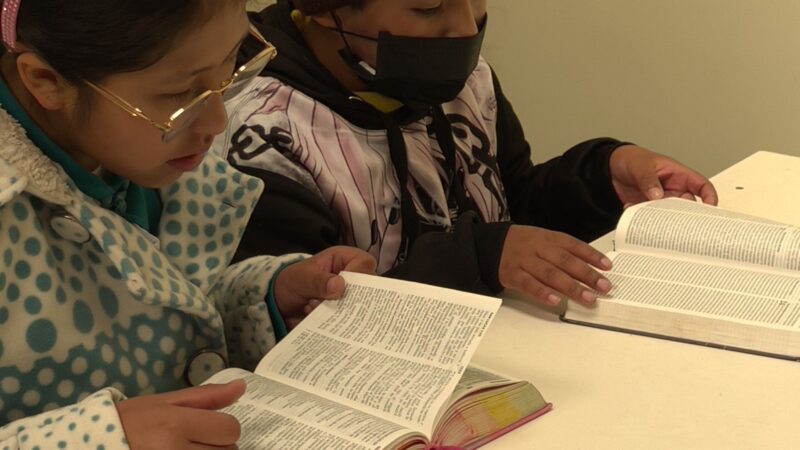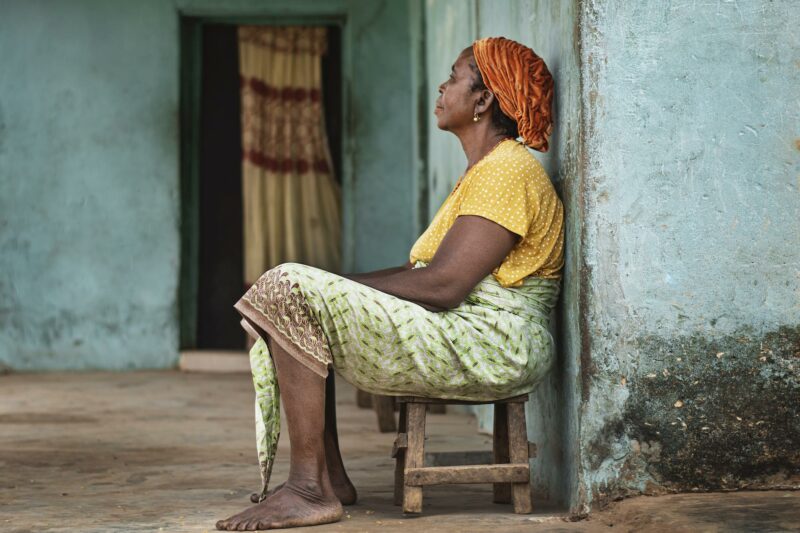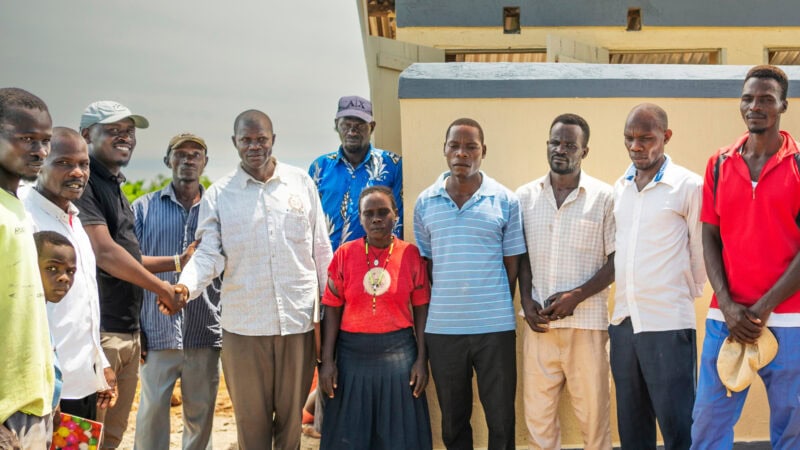I have very wealthy kids.
Let me clarify: they each have a room with a bed, heat in the winter, air conditioning in the summer, enough food to eat to sustain life, clean water from the tap, schools to attend, clothes that fit and a doctor they can see when sick.
In addition, transportation is available—provided by uber mom and uber dad, or by their own bike, should they get really desperate. Even a family computer to search for things on the internet and find entertainment too.
That’s about all it takes to be considered a wealthy kid in the world. Chances are that your kids or grandkids are rich too, but do they recognize the fact that they are living life at the top of the economic chart? Mine often don’t, but I am out to destroy apathy and increase gratitude at every turn.
As a father, I have many avenues for “infiltrating the enemy camp” of greed and the me-first mindset. Here are my top three strategies:
- Keep a Christian worldview in front of them
At the supper table we often talk about world events and the political battles going on in front of us. Focus on the Family and Answers in Genesis, along with current movies and books, are just some of the resources my wife and I tap into to show them that while world has a lot of belief systems, uncovering truth in Scripture and defending faith in Jesus is the only way that makes real sense out of life.
- Build their identity as Christians and belongingness in our family
Talking about our values, beliefs and morals—and where we got them, and why we follow them—gives kids a “stickiness” that helps them navigate friendships that try to pull them off course, or media they are exposed to that sends entirely different messages than what Scripture upholds. On almost a daily basis I am saying to my kids things like, “Dyers don’t think that way” or “Christ followers believe…”
- Give our kids an economic perspective
Just riding around our neighborhood can skew any kid into thinking they are poor. Do you ever hear your kids saying, “Oh, Tommy got a new bike,” or “The Johnsons have a brand-new minivan, why don’t we?”
Comparison to our better-off neighbors moves our kids away from generosity and gratitude. Instead we need to help them compare themselves to how most of the world lives.
Here are some ways we have done that in our family:
- While on vacation, we detour to places of poverty and talk about how life must be in that place.
- Family service projects at homeless shelter and food banks, or other non-profits in our local area.
- Listening to podcasts about poor areas. “The World and Everything in It” has some great segments each week.
- Finding places to contribute our resources to help the poor (in the U.S.) and the extreme poor (those overseas).
- Recognizing the joy that comes from being compassionate toward others and realizing that, when we give, we often get more out of it than the help we actually gave.
How do you teach your kids to be compassionate? Shoot me a quick email at ch@brighthope.org and let me know.





